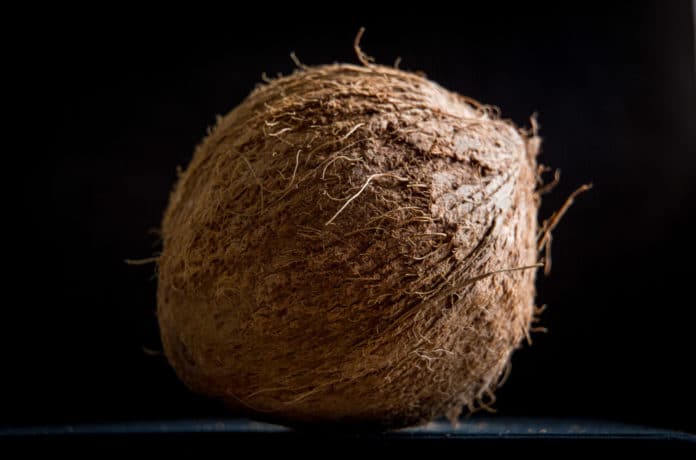Who knew that the furry brown nut would be such a cause of controversy. There are scientists saying it is “pure poison”, and then we have other medical professionals saying it is fantastic. Of all the foods we have ever read about, this one is by far the most divisive. People seem to either love it or hate it.
Our first thought is that scientists and medical doctors are not immune from wanting a bit of spotlight now and again. But what is the deal with coconut butter, coconut oil and its derivative, MCT oil? Is it a fat-burning keto making miracle, or are we about to drop dead from heart failure?
The first thing is that everyone is different. How we metabolize fuels, how active we are, what else we are eating, and what is our genetic disposition. The second thing is that there is considerable disagreement on the effects of cholesterol, LDL and HDL on heart disease. The big upside to coconut products is that they contain MCT- medium chain triglycerides. These are fats that can be absorbed easily for fuel without affecting insulin levels. The downside is that they are fats, some of which are long chain triglycerides which are thought to be not so good for us.
To become an obsessive cocovore, or a cocophobe? We asked our favorite nutrition expert Joanne Cornish, and this is what she said:
“To my understanding it (saturated fat) can raise LDL, but it increases the large particles (it is the small particles that are dangerous) meanwhile it also increases HDL. Personally I think fat can become an issue when combined with a high carb diet. You have to pick your full tank. Higher carb and low fat, or higher fat and low carb.”
Here’s another post on the subject.
And what are we doing here at AGEIST? We have a small amount, ½ teaspoon of coconut butter first thing in the morning. It feels good, I am less hungry later in the morning than otherwise. However, in an abundance of caution, we are going to have our doctor run a lipid panel in three months to see what effect if any this is having.


